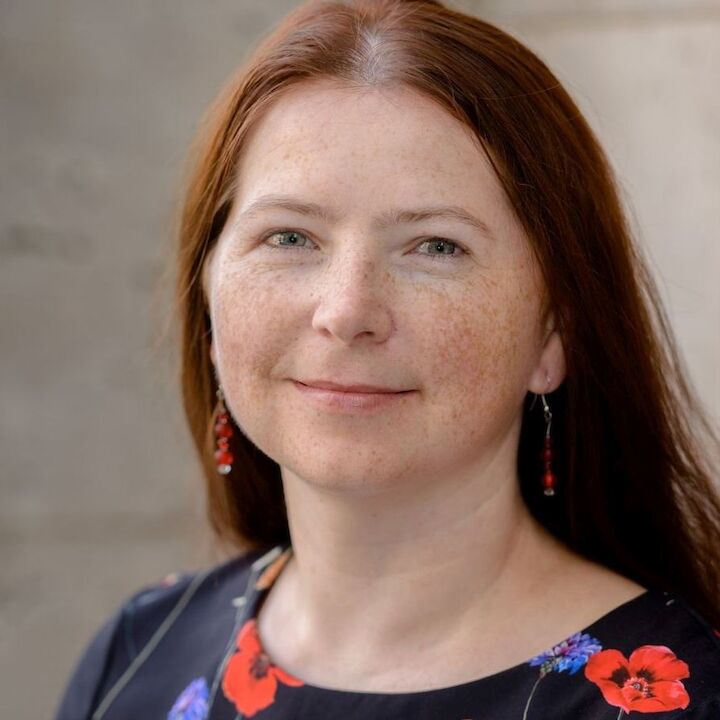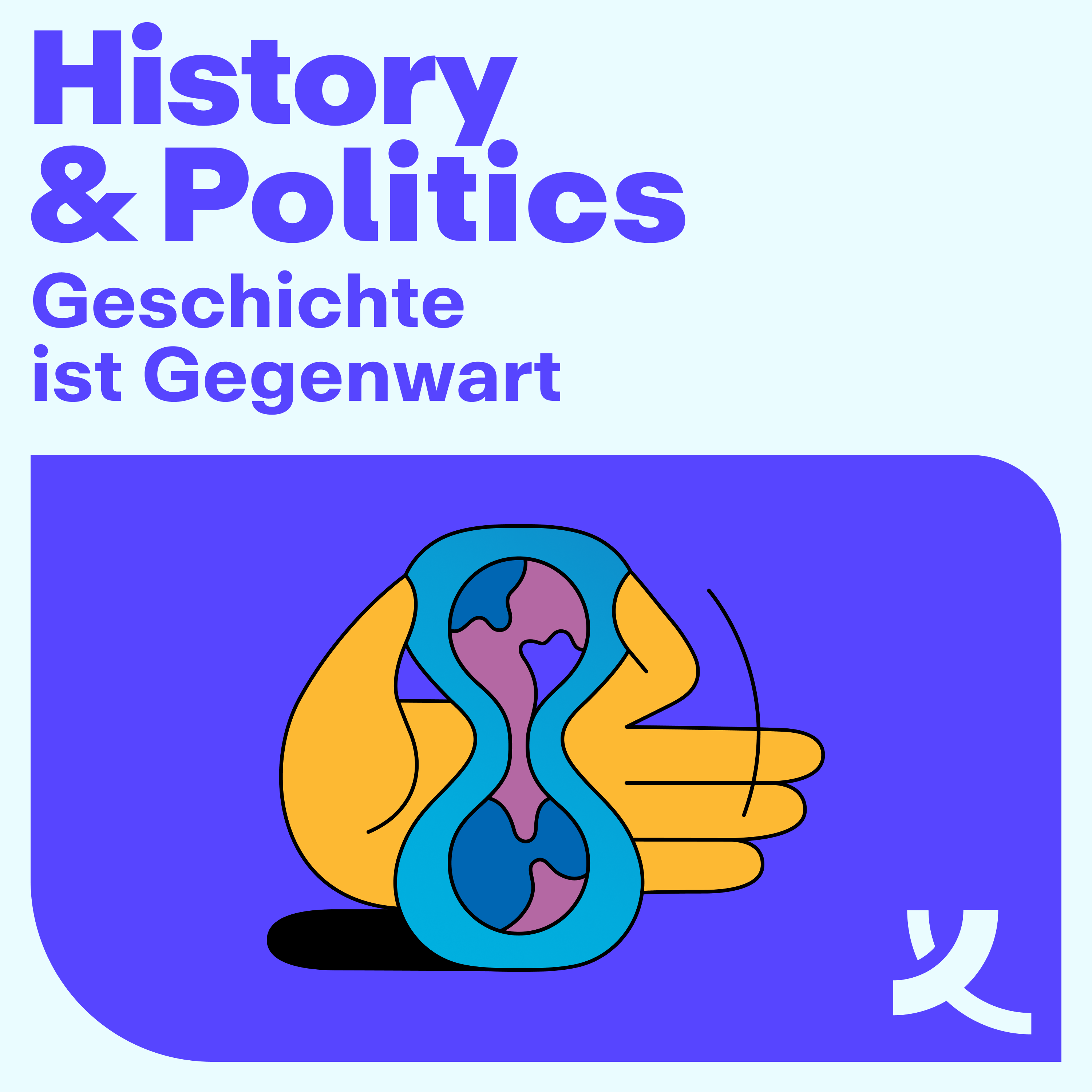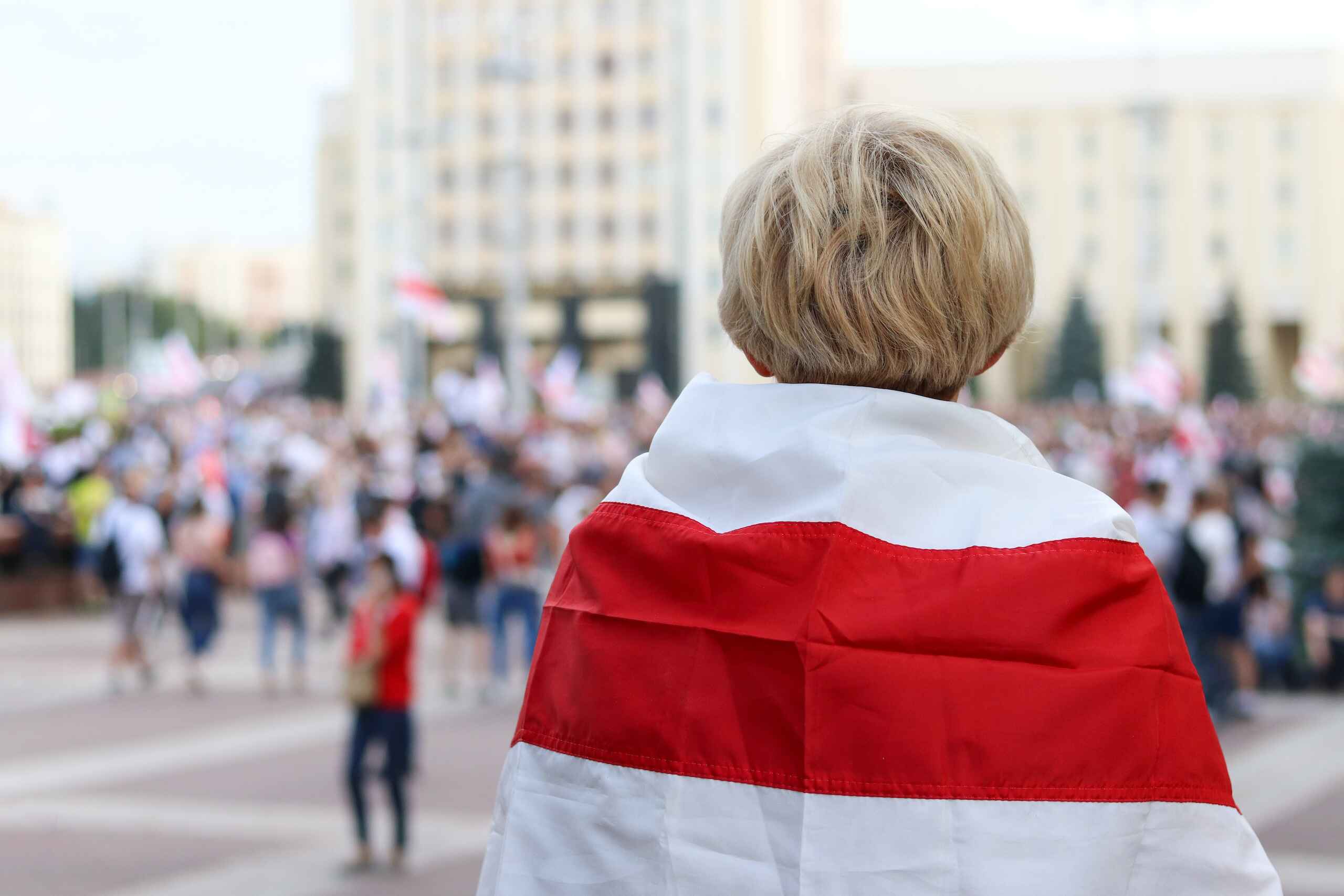
Photo: unsplash/Jana Shnipelson
Stimmen aus Belarus
Im Sommer 2020 gingen Bilder von Massendemonstrationen auf belarussischen Straßen als Reaktion auf die Manipulation der Präsidentenwahlen um die Welt. Auf die Forderungen der Protestierenden gegen die umstrittene Wiederwahl des diktatorischen Machthabers Aljaksandr Lukaschenka und für mehr Selbstbestimmung reagierte das Regime mit voller Härte. Zahlreiche Menschenrechtsverstöße wurden gemeldet, zehntausende Menschen verhaftet.
Diese Vorgänge haben an verschiedenen Stellen auch unsere Arbeit berührt. Belarus gehört zu den Gründungsmitgliedern von EUSTORY. In den letzten 20 Jahren haben wechselnde NGOs im Land bisher zehn Geschichtswettbewerbe organisiert.
Geschichtswettbewerb in Belarus
Belarus gehörte zu den Gründungsmitgliedern von EUSTORY. Seit 2001 haben insgesamt zehn Runden eines nationalen belarussischen Geschichtswettbewerbs stattgefunden, die von wechselnden NGOs getragen wurden. Seit 2017 war der Wettbewerb Teil einer größeren Kooperation mit DVV International, in dessen Rahmen in fünf Ländern der Östlichen Partnerschaft Wettbewerbe durchgeführt wurden. Gefördert wurde diese Zusammenarbeit vom deutschen Auswärtigen Amt.
Erzwungenes Ende des EUSTORY-Geschichtswettbewerbs in Belarus
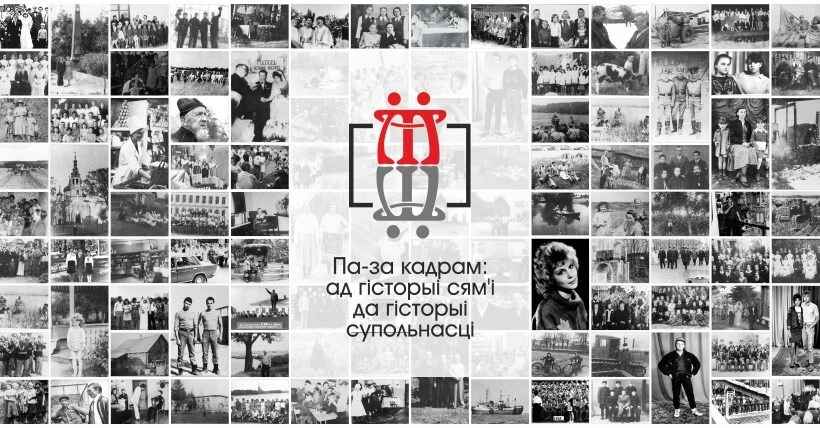
Das Geschichtswettbewerbsprojekt in Belarus fand im August 2021 ein (vorzeitiges) Ende, als das Länderbüro von DVV International aufgrund einer Entscheidung der weißrussischen Behörden alle Aktivitäten im Land einstellen musste.
Oral History Archiv: Inneneinsichten der Proteste 2020 in Belarus
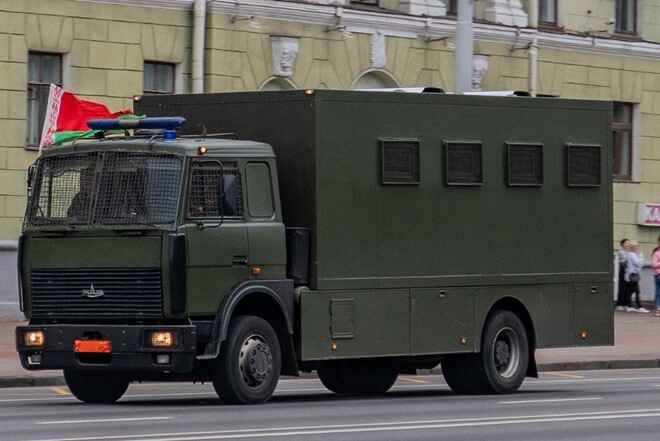
Um Erfahrungen, Motivationen, Hoffnungen und Traumata der Beteiligten an den Protesten in Belarus 2020 festzuhalten, baut die belarussische Historikerin Iryna Kashtalian am Institut für Europastudien der Universität Bremen ein wissenschaftliches Oral History Archiv zu den Bürgerprotesten in Belarus im Sommer 2020 auf. Iryna Kashtalian gehört zu den Expert:innen, die 2017 das Konzept des belarussischen Geschichtswettbewerbs
des EUSTORY-Netzwerk zum Start des Kooperationsprojekts mit DVV International diskutiert haben. Ihr Projekt wurde auch von der Körber-Stiftung unterstützt.
Durch ihre Interviews mit belarussischen Aktivist:innen erschafft sie ein Forum für die Menschen hinter den Protesten, wie es in Belarus selbst derzeit nicht möglich ist.
Wir veröffentlichen hier in englischer Sprache einen gekürzten Auszug aus dem Interview mit einem freiwilligen Wahlbeobachter, der im August 2020 in Minsk verhaftet wurde. Sein Bericht von der Wahl und den Erfahrungen in Haft gibt Einblicke in den Kampf für mehr Selbstbestimmung der Bevölkerung in Belarus.
Extract from an Interview with a Belarusian Election Observer
Viktar [real name changed], Polish student from Minsk, comes from a Belarusian-speaking family, which was previously involved in protests. He was an election observer in August 2020.
Experiences during Election
During the elections on August 9, 2020, I was an observer for the Human Rights Activists for Free Elections (Minsk) at two polling stations. I did this because of the threat of people being barred from the elections. But I could actually not enter either of the stations. Therefore, the other observers and I decided to count all people who entered the polling station no. 36 from the two existing entrances. It turned out that the number of those who entered the building was smaller than the number of people who allegedly voted in early elections. At the polling station no. 29, on the main day we counted more people entering to the polling station than were on the list. It was clear that numbers meant nothing.
After the end of the election, I went home, changed my clothes to go to the polling station, awaiting the results. I was waiting at the 29th precinct, together with 50-100 others. A couple of buses with OMON forces [a Special Purpose Police Detachment under the direct control of the Ministry of Internal Affairs in Belarus] arrived. We let them pass, all of them kept their hands on their pistols. And while they were standing at the entrance, a commission came out. And only after they had left and gotten on the bus the last person published the protocol stating that Lukashenka "won".
Detention
The student took part in the demonstrations in the night after the elections. On August 11, he was arrested, went through beatings and tagging and was placed in the notorious prison on Akrestsina street in Minsk. After several days there he was released without trial.
Afterwards we went to a shopping center named Riga in the company of 10-15 people. By the time we got there, there were already barricades and abandoned buses. After 20-30 minutes, OMON forces appeared and began to disperse the group. We stood far enough and hardly saw anything but the OMON helmets when we looked back. We ran to my house and sat there for a while. I heard grenade explosions until 4 o'clock. I saw visible flashes and heard explosions.
On August 11, I went to a friend's house. We didn’t know if we would go out later, it was already scary. We agreed to meet with those whom we had met a day earlier. We went through the courtyards. When we left the yards, we saw a stream of protesters of several hundred people. We went with them. Then two buses followed them. When we passed Kiev square, we decided to step aside. At about 11 p.m., when we were passing through the Friendship of Peoples Park, we were detained. My friend and I were alone. They stopped near us. I acted clueless and asked if it was possible to go further, if it was safe. The first person told us that we should better turn around and go the other way. And when we turned around, several people ran out and demanded us to show our phones. At first, we didn’t want to show them, but we realized that we wouldn’t get away with that. My friend had photos and videos from August 10 of [the gathering at the] shopping center and so they arrested us.
In Prison
People in olive uniform detained us. We were handed over to OMON forces who poured white paint over my head. It was like a marker indicating that I had thrown something at them. They themselves did not know what I had supposedly thrown, either stones or paint. So, they marked me and took me to the "Paddy Wagon" (avtozak). There were quite a few people in there. We had to lay on the floor on top of each other in two or three layers. We were driven to (what I think) was some kind of a police station, because it was on the territory of an administrative building. We were transferred from the bus to not green cars, but gray ones, which carry »prisoners« to the detention center directly.
When we arrived at the prison, they took us out of the paddy wagons and put us in a line at the fence. We were told to kneel with our heads down. We spent 2-3 hours like that. We were beaten all this time. I, marked with paint, was asked to raise my head to make sure it was me and they pulled me out and beat me for several minutes. Then they told me to return to my place in the line. Later we had to strip naked and to hold our clothes in our hands. While I was undressing, I began to lose consciousness: it was getting dark in my eyes, my body was getting weak. I asked them for ammonia [a medicine that is inhaled to prevent fainting], to this request there was no reaction. I asked for quite a long time and the only thing I got were some more hits on the back because I took too long.
On the morning of August 14, we were taken outside. There was a procedure for signing a warning that we will no longer participate in unauthorized events and our personal information was written down again. After that, we were released in groups of 20 people.
After my detention I didn't go to protests anymore. I was discouraged because there were rumors that those who were caught a second time, would immediately be sued for a criminal offense. That is what I was afraid of. I would not be afraid to go through the same and conditionally leave after 15 days, but I was afraid to spend 15 years in prison instead of 15 days.
Podcasts zum Thema
In Massen demonstrierten in Belarus Menschen im Sommer 2020 gegen das diktatorische Regime. Die Regierung reagierte brutal. Iryna Kashtalian, belarussische Historikerin, trägt Erfahrungen von Protestierenden in ihrem Interview-Archiv zusammen, um Einblicke in Motivation und Hoffnungen der Zivilgesellschaft in Belarus zu sichern.
In Belarus demonstriert die Bevölkerung seit August 2020 für demokratische Reformen. Regierung und Behörden gehen massiv gegen die Proteste vor und der Rest Europas bleibt überwiegend in der Rolle des Zuschauers. Die belarussische Philosophin Olga Shparaga spricht über die Ziele der Protestbewegung, welche Rolle nationale Symbole und die belarussische Geschichte für die Demokratiebewegung spielen und welche Unterstützung die Menschen in Belarus von europäischen Nachbarn brauchen.
Junge Stimmen aus Belarus
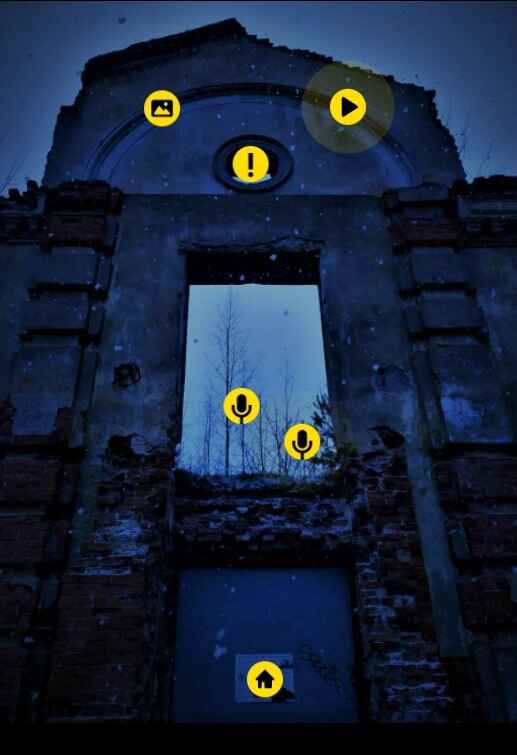
Von Mitte Oktober bis Ende November 2020 brachte ein Online History Camp 16 junge Preisträger:innen der nationalen Geschichtswettbewerbe 2019/20 aus Belarus, Georgien, Moldawien und der Ukraine zusammen, um sich mit ihrer gemeinsamen europäischen Vergangenheit, Gegenwart und Zukunft auseinanderzusetzen. Die Teilnehmer:innen arbeiteten gemeinsam am Thema Erinnerung und an der Frage, wie die Vergangenheit die Gegenwart immer noch beeinflusst – von Einzelpersonen, Familien oder sogar ganzen Gesellschaften.
Die Veranstaltung wurde von der Körber-Stiftung im Rahmen eines vom deutschen Auswärtigen Amt geförderten Kooperationsprojekts mit DVV International zu Geschichtswettbewerben in den Ländern der östlichen Partnerschaft ausgerichtet.
Die Teilnehmenden führten beim Online History Camp weitere kleine Forschungsprojekte in ihrem privaten und lokalen Umfeld durch und diskutierten ihre Wettbewerbsarbeiten im Hinblick auf die Frage, wie die von ihnen befragten Menschen mit den Schwierigkeiten ihrer Zeit umgegangen sind und was man aus ihren Erfahrungen lernen kann. In Online-Sitzungen gaben auch Expert:innen aus verschiedenen Regionen Europas Beispiele für andere schmerzhafte Vergangenheiten – und für Wege zu deren Bewältigung. Was können wir tun – als Einzelne, als Land und als Gesellschaft –, damit wir nicht im Zorn zurückblicken?
Ein beeindruckendes Projekt gestaltete eine junge Belarussin. Sie recherchierte zur Geschichte der Juden, die jahrhundertelang in ihrer Heimatstadt Witebsk gelebt hatten. Spuren dieser Geschichte bereitete sie mithilfe digitalen Storytellings auf.
